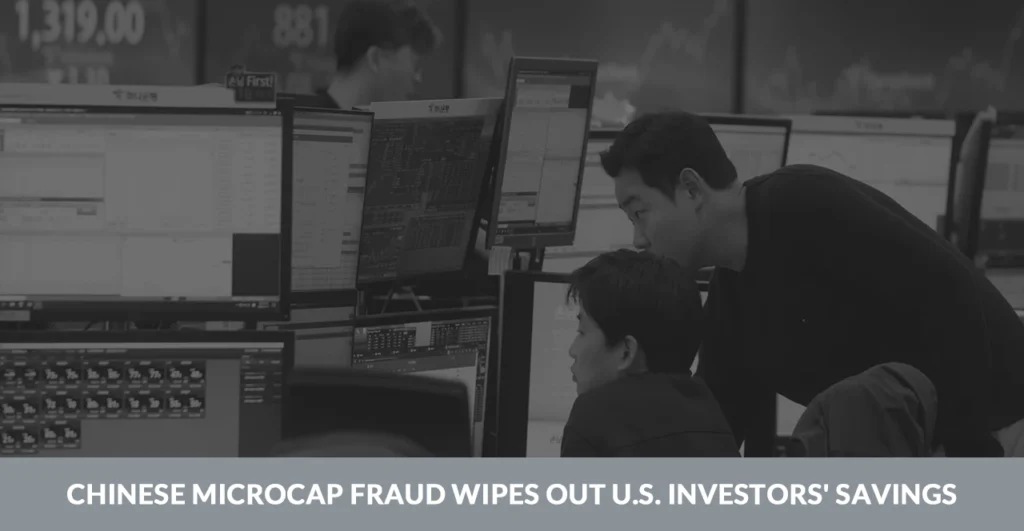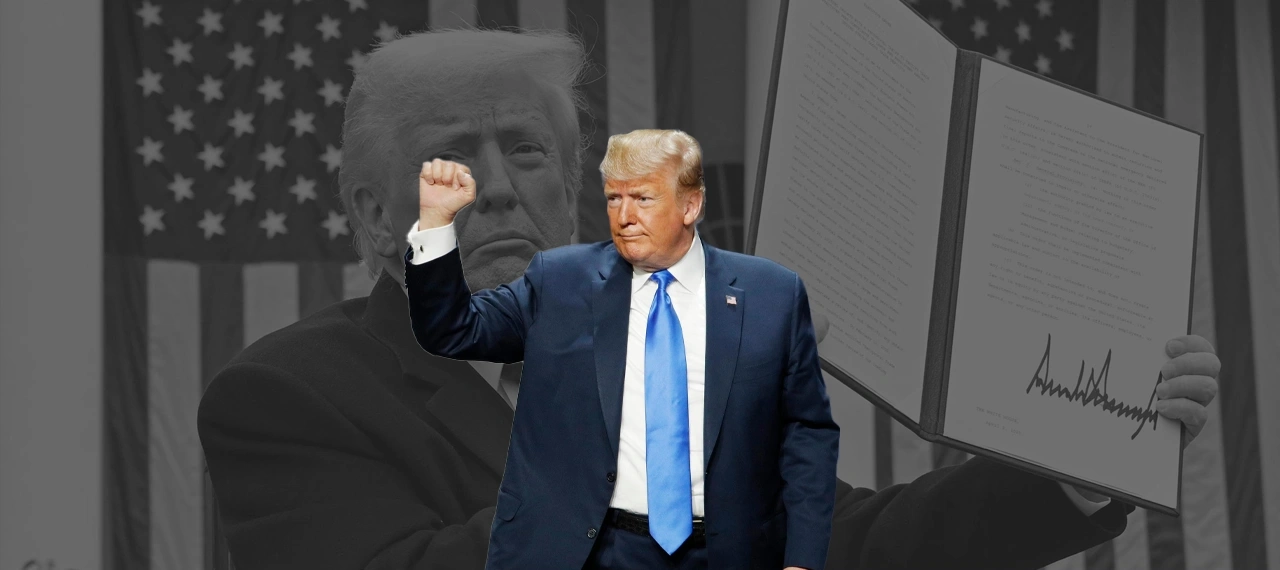
In recent years, this new and fast-growing class of stock fraud has defrauded American investors of more than $480 million, involving lesser-known Chinese companies listed in the U.S.
Small and low-profile Chinese firms would quietly go public in the U.S., often through listings on Nasdaq. After being listed, their prices were artificially pumped up through a series of coordinated social media and chat group campaigns, including spam messages of explosive returns. Furthering the hype, prices skyrocketed; insiders furthered their interests first by offloading shares, followed by promoters who cashed out after the price had tanked, leaving investors with gigantic losses.
Advertisers advertise these stocks as the "next big opportunities" or an "undervalued Chinese gem" in WhatsApp groups or Telegram channels. The victims, mostly retail investors, are sold the idea of investing in it, unaware that coordinated players from overseas are manipulating the stocks with little or no regulatory supervision.
Investigators describe the operations as highly structured: complete with media teams, fake press releases, forged financial statements, and paid promoters to generate false hype. U.S.-based underwriters and shell entities often enable these schemes allowing foreign companies to access American markets with minimal scrutiny.
According to reports, over 60 microcap Chinese firms have entered U.S. markets since 2020 using this method, many of which collapsed within weeks after a sudden surge in volume and price. In one case, a now-delisted Chinese education company was part of a ring that scammed hundreds of U.S. investors through coordinated price manipulation.
The investigators further warned that the international scope of these schemes made prosecution very difficult and, once the money disappeared, the victims usually had no way to recover the funds. Since then, regulators like the SEC and DOJ are coming down hard, placing restrictions on listing requirements and doing background checks on foreign IPOs.
Never did I buy into a stock based on unsolicited tips or hype spewing in private chat groups. Make sure to do your due diligence on the respective companies, especially the foreign ones that may be a little bit thin on public records or whose ownership structure may be somewhat complicated. Always approach low-volume or thinly traded stocks with unexplained price surges with utmost care.
Stay alert for any "too good to be true" kind of picks, and never hesitate to report your suspicions to the authorities.When uncertain, do not hesitate to seek assistance from a reputable recovery service advisor prior to making an investment.








